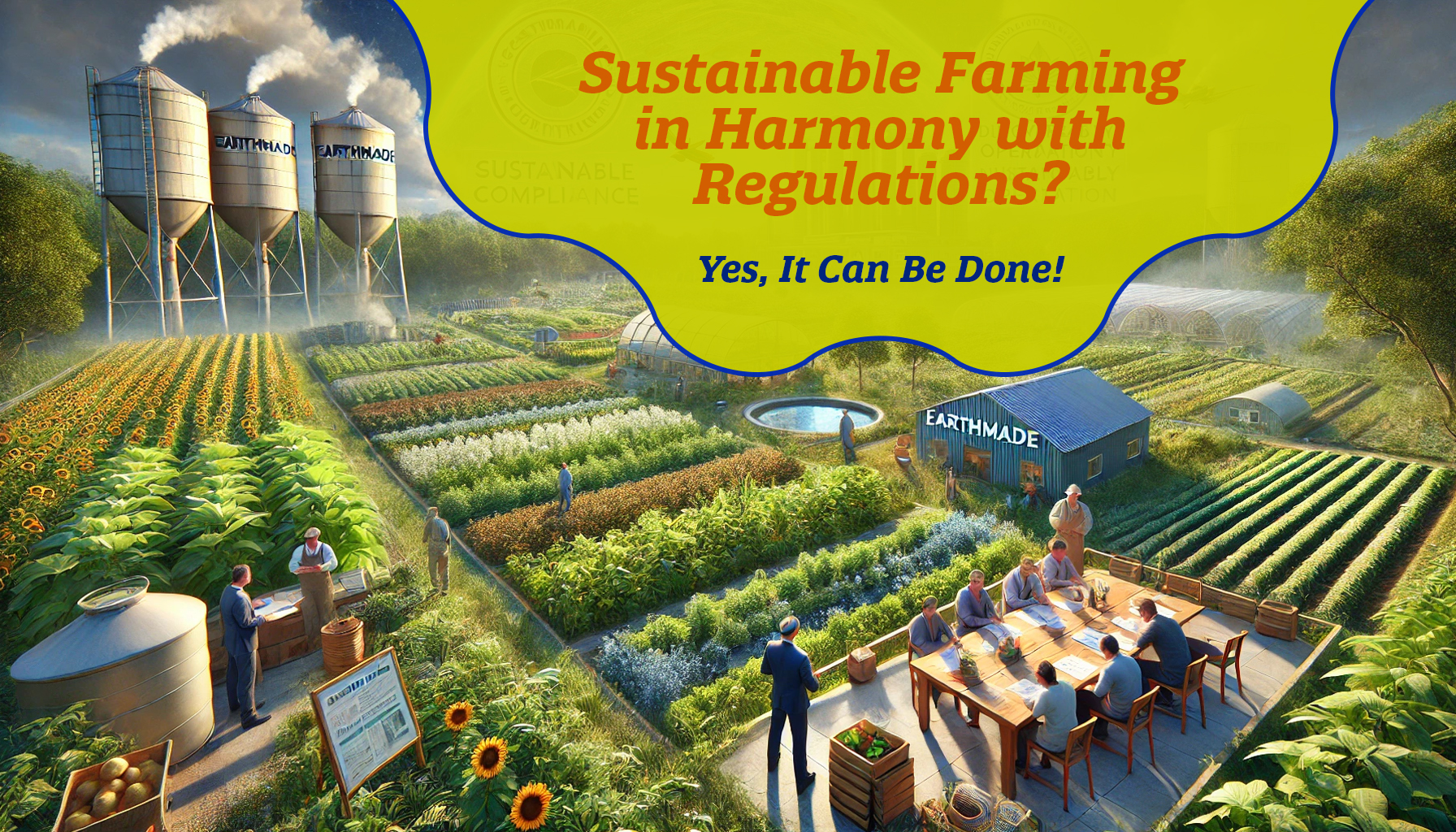



Sustainable farming practices align with the broader goals and priorities set by government entities. Earthmade’s farming method embraces these objectives by promoting environmental stewardship, conserving natural resources, and fostering biodiversity. By adopting Earthmade’s method, farmers can demonstrate their commitment to responsible farming and meet the regulatory expectations set by government agencies.
Compliance with government regulations is a fundamental aspect of sustainable agriculture. Earthmade’s farming method is designed to align with existing regulations and guidelines, ensuring that farmers can implement sustainable practices without compromising legal requirements. By adhering to these regulations, farmers can build trust with regulators, consumers, and stakeholders, while also safeguarding the long-term viability of their farming operations. Moreover, Earthmade actively monitors and keeps abreast of any changes or updates in government regulations related to sustainable farming. By staying informed and collaborating with regulatory bodies, Earthmade ensures that their farming method remains compliant with the latest standards. This commitment to compliance provides farmers with the assurance that they are following best practices in accordance with government regulations.
Government regulations and compliance go beyond environmental considerations. They also address food safety, traceability, and the overall well-being of consumers. Earthmade’s farming method takes these factors into account, prioritizing the production of safe, high-quality food that meets the standards and expectations of regulatory agencies. By embracing Earthmade’s method, farmers can contribute to the broader goal of ensuring a safe and sustainable food supply.
Earthmade recognizes that navigating government regulations can be challenging for farmers. To support them in compliance efforts, Earthmade provides guidance, resources, and access to experts who can assist in understanding and meeting regulatory requirements. This collaborative approach helps farmers navigate the complex regulatory landscape while embracing sustainable farming practices.
By choosing Earthmade’s farming method, farmers can cultivate their crops with confidence, knowing that they are in compliance with government regulations and contributing to a sustainable and responsible food system. The alignment of sustainable practices with government regulations ensures that the benefits of sustainable farming are realized without compromising legal requirements.
Be our cheerleader! There are multiple ways you can support Earthmade, even if you aren’t a farmer or industry professional. Help us out by socializing online, downloading information, and getting the word out! Everyone can benefit from Earthmade, and can do something that is 100% Good for the earth!
We are always looking for partnerships, industry professionals, educators, scientists, and distributors to help us make a difference! Get in touch if you are interested in helping us spread our mission and showing your support for better food, better health, and a better earth.
It is Earthmade’s goal to form a strong global connection of farmers, and to find partners that share our vision of making a difference across the globe in sustainability. If you know someone that can help us fulfill our mission, refer them to us!
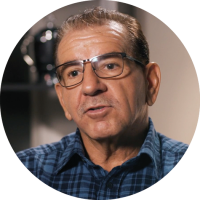
Mike Dobbins is developing bio inputs to replace pesticides, herbicides and chemical fertilizers. His mission is to give farmers the tools they need to produce 100% chemical free food at the scale needed to feed the 9.8 billion people that will soon inhabit the earth. “If you want to look after biodiversity, and you want to improve our soil health, and you want to improve our chronic illness growth, we have to have NO chemicals. And in all fairness there has not been, on a worldwide basis, a solution to the problem.


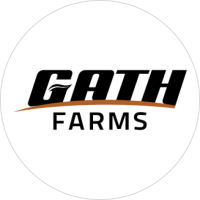





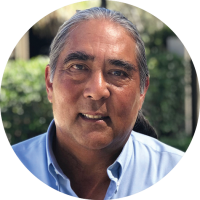
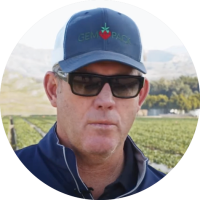
Mike Etchandy is a fourth generation organic and conventional Orange County strawberry farmer. Jaded by the ambiguous organic certification system and the heavy metals it relies on, he has been testing new bio inputs on his strawberry fields to reduce his dependence on harmful chemicals.